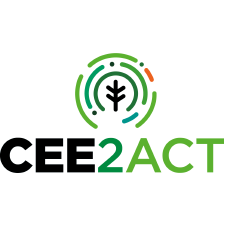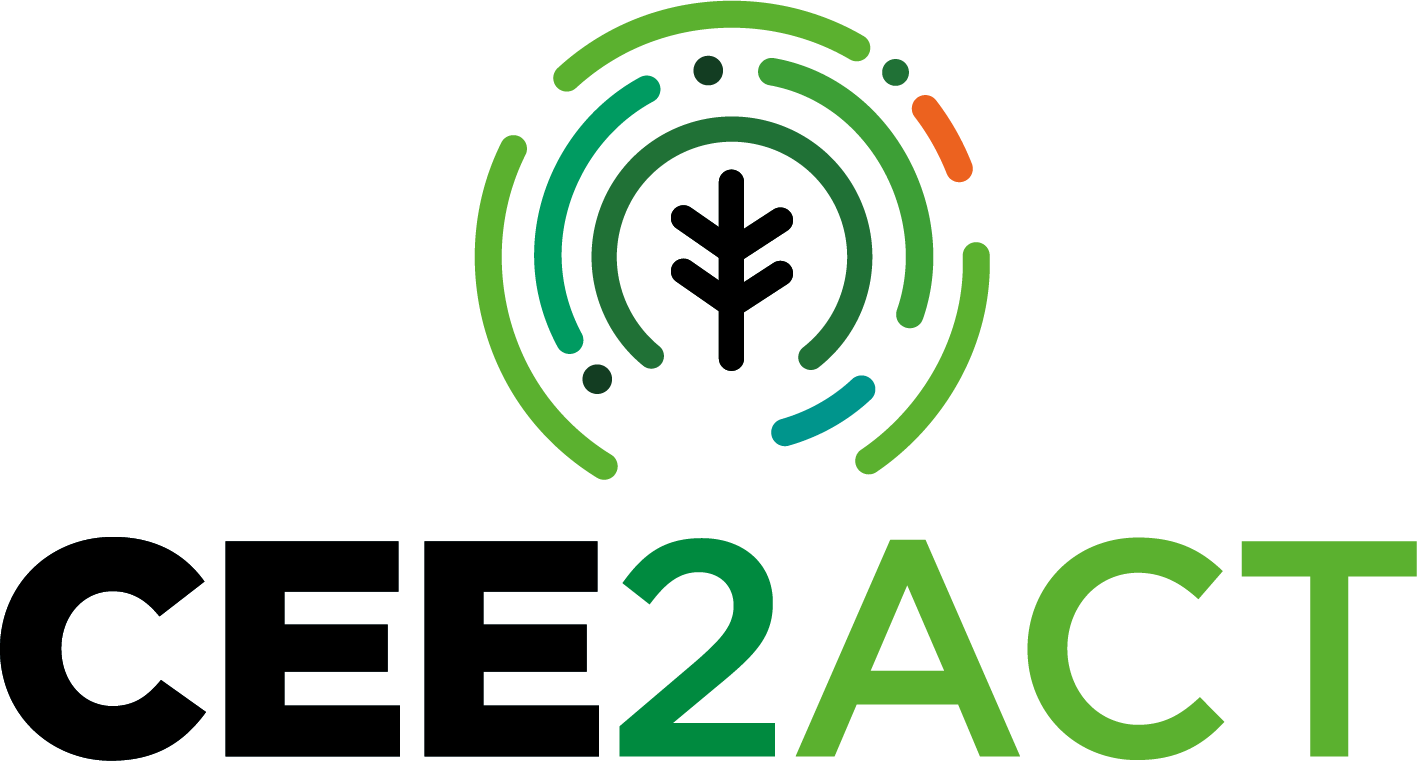Title: New value chains for milk residues
Country: Germany
Bio-based sector: Chemical industry
Stakeholders involved: Farmer, which provide casein to the industry; Qmilk bio-based industry, which produces different types of products from organic raw materials from livestock
Description:
The company Qmilk uses a new technology producing synthetic fibres, microbeads, biopolymers, and thousands of other materials that are biodegradable made of the milk protein called casein. The casein, which is the main resource of the products, is produced from raw milk that is not tradable and in accordance to legal regulations, it must not be used as food. Although the casein is not suitable for consumption, it still contains valuable ingredients like casein, which offers a big potential for technical purposes. Furthermore, it is a raw material, which is inevitably accrued and thus only extend its product life cycle is used.
With over 3000 recipes, the company offers a wide range of modifications of thermoplastic elastomeric, but also properties of thermosets for different purposes. By customizable cross-linking, the material leads to a good mechanical strength and chemical resistance for various technical areas of interest. Because of the eco-efficient production technology and special recipe, new standards in fibre production were set, implying cost-reduction, minimum of waste and maximum renewal. For example, for the production of 1 kg of fibre, only 5 minutes and max 2 litres of water are needed. This implies a particular level of cost efficiency and ensures a minimum of CO2 emissions.
Qmilk fibre is biodegradable, without chemical additives and naturally antibacterial. For its characteristics, it brings many advantages of end-users. The new value chain can help dairy farmers utilise raw milk residues and turn waste milk into a resource. The business has the potential to be a sustainable replacement for petroleum-based synthetic fibres and certain types of plastic food packaging, as well as many other applications yet to be fully explored.
Results/ lessons learnt: This company shows the possibility of replacing the petroleum based synthetic fibres, while also using waste form livestock farms
Links to the website:
- https://files.spazioweb.it/83/fa/83fadb35-5844-45fb-a837-669ff0da1aa1.pdf
- https://www.qmilkfiber.eu/?lang=en

